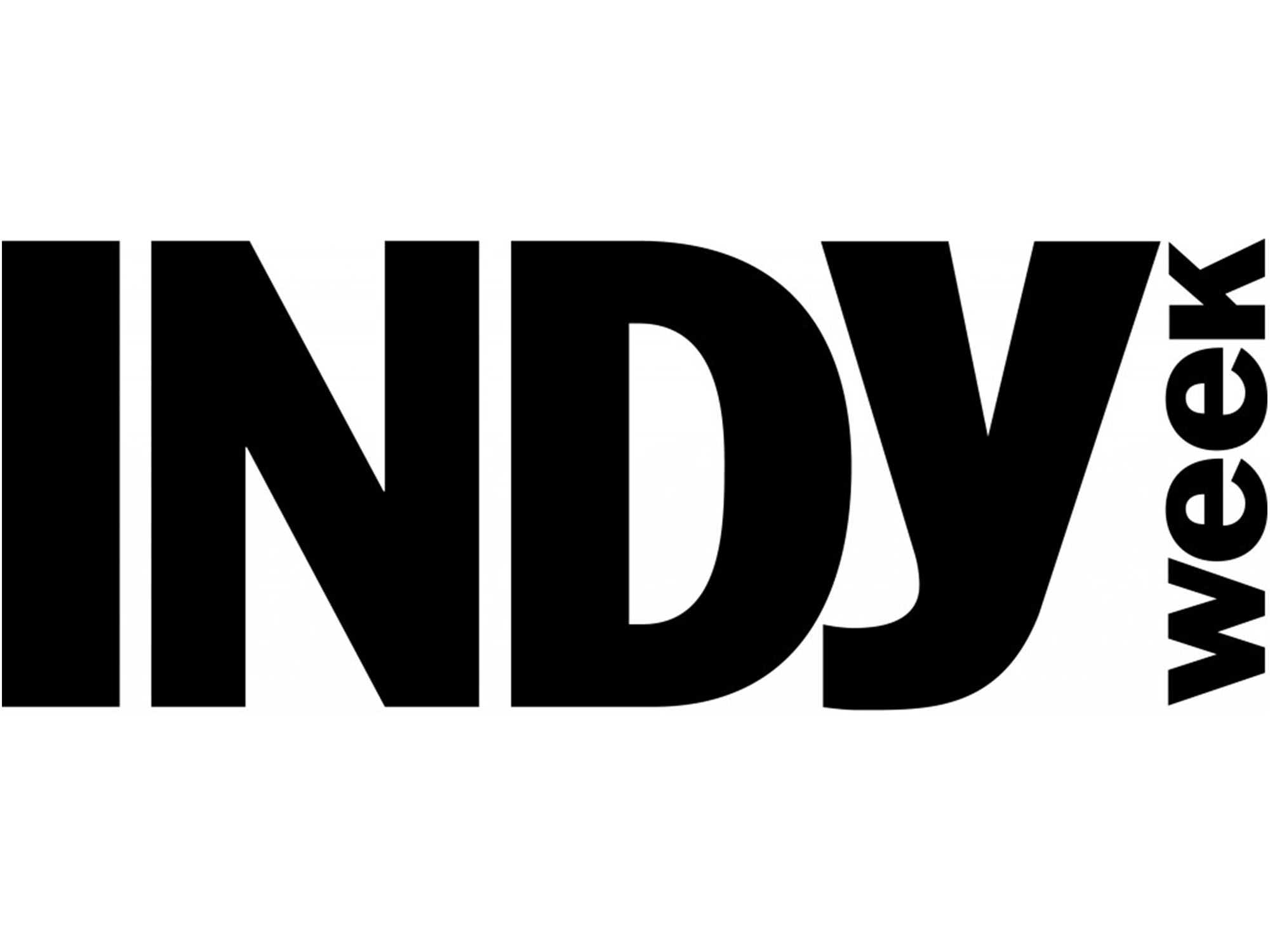It’s a Friday morning in early September, and Mike Woodard is sitting, legs crossed, at a table in front of Samuel & Sons barbershop. Dressed in the standard uniform of male politicians trying to look casual—khakis, a button-up, no tie, and no socks—he seems at ease. Like the front-runner he was assumed to be when he entered Durham’s mayoral race two months before.
The state senator and former Durham City Council member chose the Angier Avenue barbershop as a starting point for a tour of the surrounding East Durham neighborhood. The eponymous Samuel Jenkins is an old friend of Woodard’s. Later, the barber delivers water and chastises Woodard for throwing away a half-smoked cigar Jenkins left on the table.
When the tour begins in Woodard’s silver Audi, he turns off the jazz station and points to businesses, old and new, lining Angier and Driver Street. There’s Samuel & Sons, of course, which will soon be taken over by a nearby Latino barbershop after Jenkins retires. Ideal’s is a trendy sandwich spot whose patrons begin lining up before it opens each day. Joe’s Diner is a stalwart restaurant owned by Mayor Elaine O’Neal’s ex-husband, Joseph Bushfan; it now focuses on catering and hawks hot dogs from a tent out front.
Woodard loops past the newest businesses, Mike D’s BBQ and Congress Bar & Cafe, before pausing at an empty lot around the block.
“Just a couple years ago, we had an open-air homeless place,” he says. “They took over this lot right here. This has just gotten cleaned up in the last couple of weeks. But you had four or five tents, guys sitting out here all day. Addicts were living here, is what we think was happening, but the dealers were coming and dealing fentanyl.”
A few blocks away, Woodard stops again in front of the encampment’s new location. Across the street, workers are building a row of nine new homes. Support independent local journalism.
Join the INDY Press Club to help us keep fearless watchdog reporting and essential arts and culture coverage viable in the Triangle.
As Woodard concludes the drive, circling back past Rofhiwa—the Black-owned bookstore and coffee shop that’s still boarded up after a car crashed through its front window in a reported drug deal gone bad—it’s not entirely clear what impression he hopes to give. Is Durham on the right path? Does it need to change direction?
“I still think it’s both/and,” Woodard says.
“I thought it’d be helpful to see some of the investments and some of the things we have done,” he adds, getting out of the car. “And the challenges. What is the balance? I don’t know.”
On the cusp of early voting for the primary, Durham seems split on the question, too. With a surprise strike by the city’s sanitation workers adding yet another twist to an already divisive election, consensus isn’t likely anytime soon.
The core issues shaping what voters think of the balance—city council scandals, holistic policing strategies, and ways to manage growth—were covered in the first three parts of this series. This final piece raises four key political questions. How voters answer them this fall will shape Durham’s future.
Read the rest at Indy Week.
